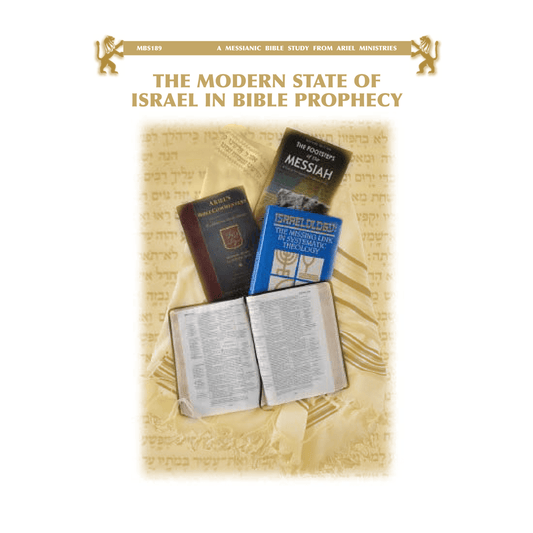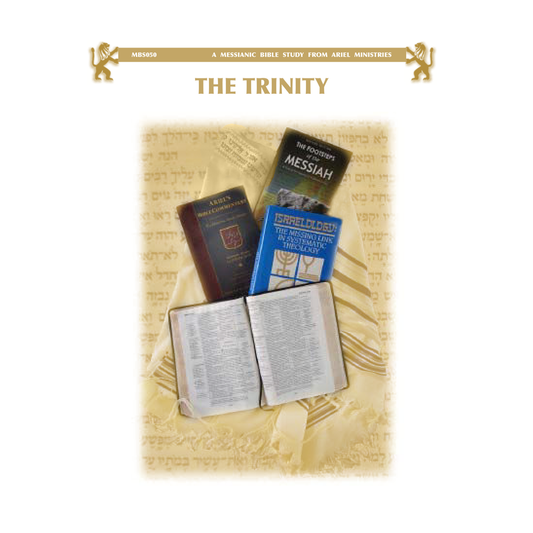The Scriptures use the term “begotten” in more than one way, and the context determines the meaning of the word for the various passages. The following are some examples of different usages:
- The word “begotten” is sometimes used to describe natural generation. In this case, the term deals with the movement from one generation to another. One example is Matthew 1:16, where it says that Jacob begat Joseph. Sometimes, the term refers to a father-child relationship and at other times to a grandfather-grandchild relationship or any other ancestor-descendant relationship.
- “Begotten” can also be used for spiritual generation. This usage is seen in 1 Corinthians 4:15, where Paul points out that he had begotten some believers in Messiah through the gospel. He said the same thing about Onesimus in Philemon 10.
- The term “begotten” is also used when a child, usually a son, reaches a certain passage of life. For example, as a boy grows from childhood to adulthood, he would be declared to be “the begotten son.” In describing that the Messiah was begotten in the womb of His mother Miriam, Matthew 1:20 has this usage. Other examples are Psalm 2:7 and Acts 13:33. In Psalm 2:7, the term refers to the moment when the Messiah will be seated upon the throne of David in Jerusalem. At that moment, He will be the begotten Son. Acts 13:33 is a reference to the resurrection of the Messiah, which proved Yeshua to be the begotten Son of God. Because He is this begotten Son of God, He will ultimately fulfill the prophecy of Psalm 2:7 and will again be declared the Son of God at His enthronement in the millennial Jerusalem.
For further information, including the rabbinic perspective on Acts 13:33, I recommend my commentary on the book of Acts, available at www.ariel.org.au





